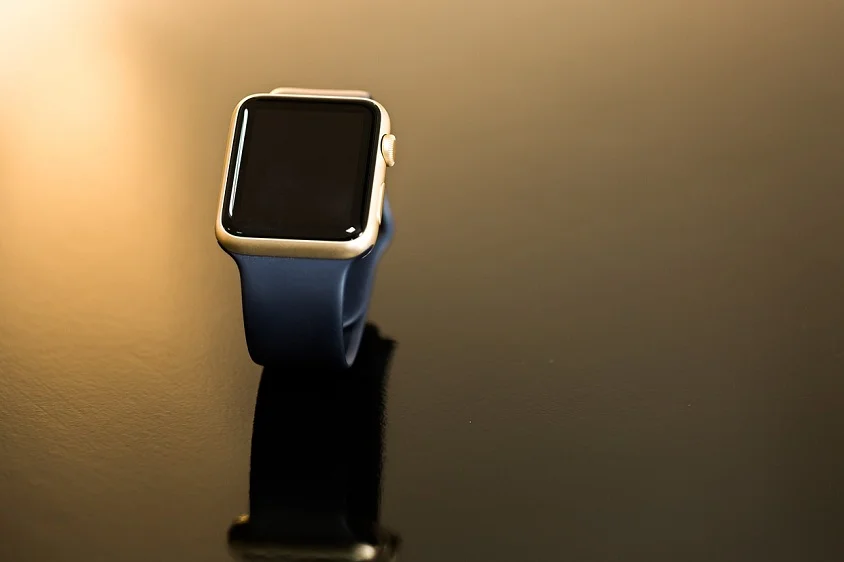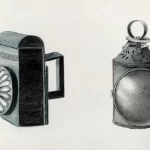Understanding the UK Supreme Court Judgment in Thaler v Comptroller-General of Patents, Designs and Trade Marks (2023)
- December 21, 2023
- By Sarita Thomas
- Read 2 minutes
Dr. Stephen Thaler submitted two patent applications for inventions claimed to be created by an AI machine, DABUS. Uniquely, these applications did not list a human inventor, instead asserting that DABUS was the sole creator. Dr. Thaler, owning DABUS, sought recognition as the patent holder.
In a landmark case, Thaler v Comptroller-General of Patents, Designs and Trade Marks, the UK Supreme Court rendered a significant judgment impacting the intersection of artificial intelligence (AI) and patent law. This article explores the nuances and implications of the 2023 ruling.
Background of the Case
Dr. Stephen Thaler filed two patent applications for inventions purportedly created by an AI machine named DABUS. These applications were unique because they did not name a human inventor, claiming that the machine was the sole creator. Dr. Thaler, as the owner of DABUS, sought to be recognized as the patent holder.
Key Issues and Judgment
The central issue was whether a machine, in this case, DABUS, could be legally recognized as an ‘inventor’ under the Patents Act 1977. The Court had to determine if Dr. Thaler, as the machine’s owner, was entitled to the patents.
The Supreme Court unanimously ruled that:
Inventor Must Be a Natural Person
The Patents Act 1977 defines an ‘inventor’ as the ‘actual deviser’ of the invention. The Court interpreted this to mean that the inventor must be a natural person. Therefore, DABUS, an AI machine, could not be recognized as an inventor.
Ownership and Entitlement Issues
Dr. Thaler argued that as the owner of DABUS, he was entitled to the patents of its creations. The Court, however, held that owning the machine does not automatically transfer the rights of inventions it generates. Without a human inventor, the ownership and subsequent entitlement to a patent could not be established under the current legal framework.
Applications Considered Withdrawn: Since Dr. Thaler failed to name a human inventor and could not establish his entitlement to the inventions, the Court held that his patent applications must be taken as withdrawn.
Implications of the Judgment
This judgment has profound implications for the future of AI and intellectual property law:
AI as a Tool, Not Inventor
The ruling establishes that AI systems are tools in the hands of human inventors and cannot be credited as inventors themselves.
Need for Legislative Change
The case highlights a gap between technological advancements and existing legal frameworks. It suggests that legislative changes are necessary to address inventions made by AI systems.
Impact on Innovation and AI Development
This decision might influence how AI-related innovations are managed and could shape the strategies of businesses and researchers working with AI.
The bottom line
The UK Supreme Court’s decision in Thaler v Comptroller-General of Patents marks a pivotal moment in patent law, reaffirming the principle that inventors must be natural persons.
It underscores the need for legal systems to evolve alongside technological advancements, particularly in the realm of AI. As AI continues to play a significant role in innovation, this judgment will likely influence future legal interpretations and legislative developments in the field of intellectual property.
Read the court judgement.
https://www.supremecourt.uk/cases/docs/uksc-2021-0201-judgment.pdf
Sarita Thomas
Latest Blogs
Blog Categories
- Intellectual Property (IP) Strategy (84)
- Intellectual Property Asset Management (IPAM) (17)
- IP Monetization (4)
- IP News (7)
- Patent Drafting (2)
- Patent Litigation (6)
- Patent Prosecution (8)
- Patenting (18)









No comment yet, add your voice below!